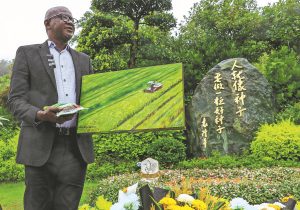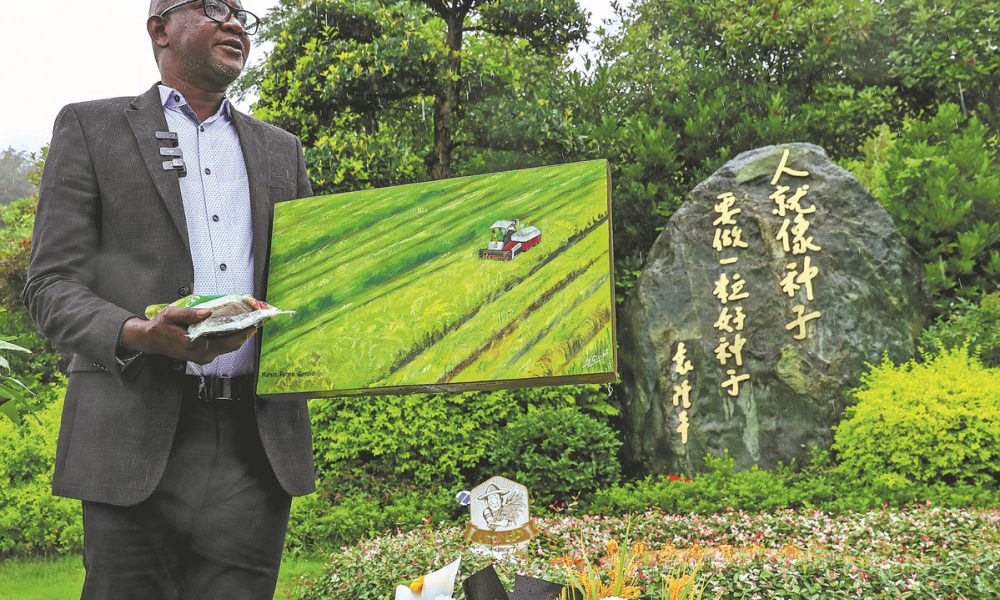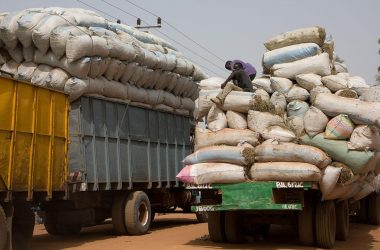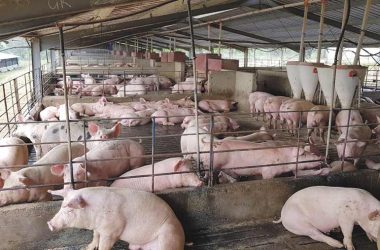As rain fell gently over the quiet cemetery in Changsha, China, Gambian farmer Musa Darboe stood before the grave of Yuan Longping, the late Chinese scientist known globally as the “father of hybrid rice.” In his hands, he carried two gifts: freshly harvested rice from his farm in Gambia and a hand-painted tribute showing harvesters at work in golden rice fields.
“Professor Yuan, your seeds have taken root in Gambia. We are no longer hungry,” Darboe said solemnly. “Just like you said, people are like seeds, and one must strive to be a good seed.”
Darboe had traveled over 12,000 kilometers to Hunan province to pay respects in person. Last year, he had entrusted Chinese journalists to deliver rice on his behalf. But this year, he made the journey himself, calling it a “more sincere tribute” to the man who inspired a quiet revolution back home.
Hybrid rice technology, developed by Yuan in the 1970s, helped China overcome food shortages and has since fed tens of millions globally. Darboe was among those who learned directly from Yuan’s team, who brought the knowledge — and equipment — to Gambia when he needed it most.
A Farm Transformed
Darboe’s journey into modern farming began in 2018 when he returned from the United States after his father’s passing. Back then, the family’s rice farm was struggling. He planted just three hectares that first year and used oil drums to thresh the grain. Heavy rains wiped out most of the harvest. He nearly gave up.
“We didn’t know what we were doing. I thought maybe it was time to go back to America,” he said.
But help came in the form of Chinese agronomist Huang Zhi and his team from Yuan Longping High-Tech Agriculture Co. They introduced Darboe to a new way of farming — with machines, improved seed varieties, and up-to-date techniques.
“When I saw the rice transplanter enter the field for the first time, I was stunned,” Darboe said. “This was a miracle my father’s generation wouldn’t have dared to dream of.”
That single machine marked the beginning of a transformation. Yields on his farm soon tripled, reaching 7 tons per hectare — far above the national average. Over the next five years, he expanded his land from three hectares to 100.
From Gambia to the World
Gambia has long depended on imported rice. Low levels of mechanization and aging farming practices kept local production low. But farmers like Darboe believe the tide is beginning to turn, thanks in part to international cooperation.

“The land is very fertile, but we lacked the tools and knowledge,” Darboe said. “Now, with the help of China, that’s starting to change.”
He says Yuan’s vision — that a single seed could change the world — is becoming real in his homeland. And he feels a personal duty to keep pushing that change forward.
“It was emotional for me to pay tribute to Yuan, because he was the one helping to feed the whole world,” he told China Daily. “Now I have the responsibility to help realize his dream.”
He believes hybrid rice holds the key to Africa’s food future. “We all have to try in our own way to make sure hybrid rice is grown around the world,” he said. “It’s the only way we can feed everyone.”
Yuan Longping’s legacy continues to grow — not just in the vast rice paddies of China, but now in the rich soil of Gambia, where one determined farmer is planting seeds of change.





